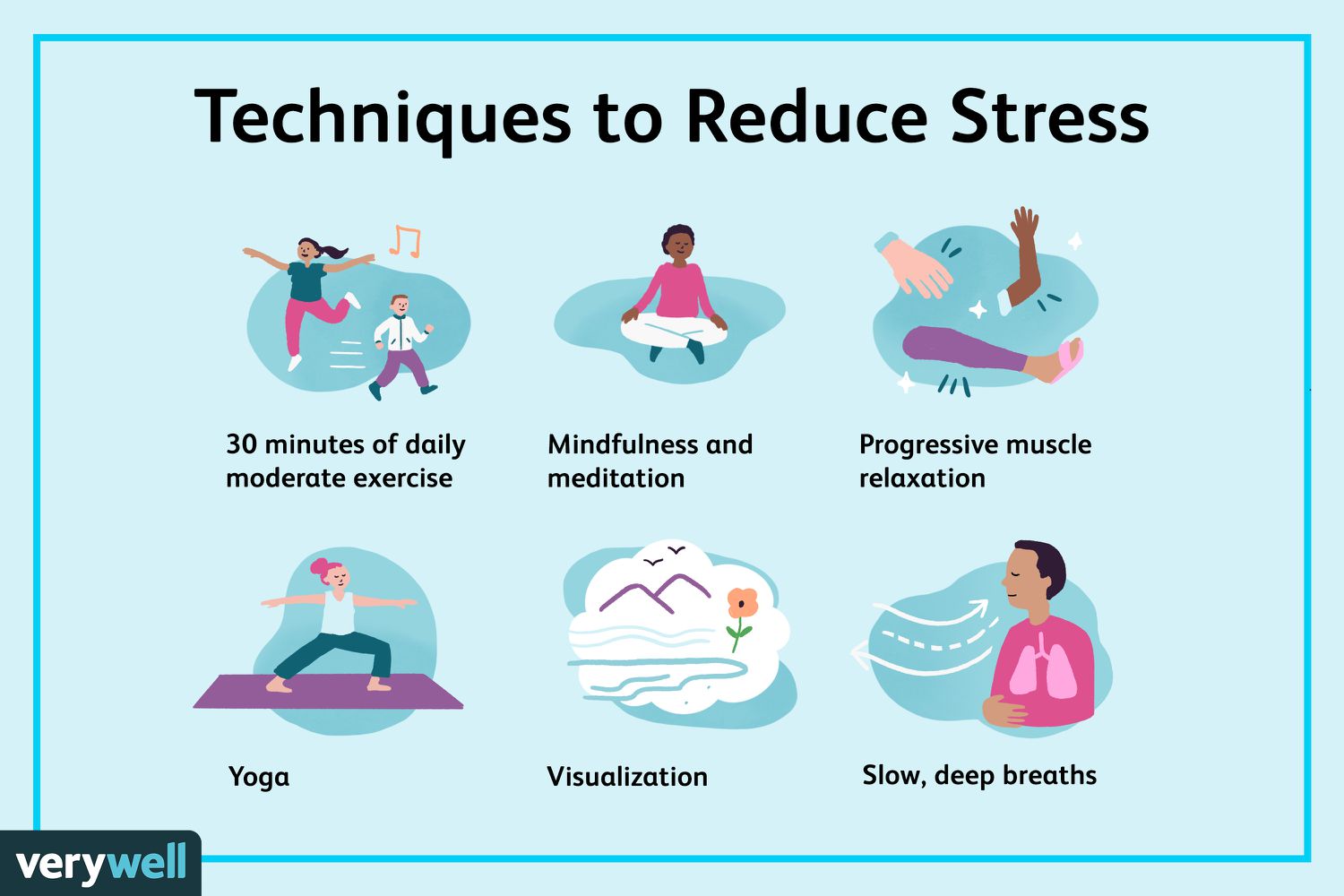Holistic Wellness: Nurturing Mind, Body, and Spirit for Optimal Health
In today’s fast-paced world, the concept of wellness extends beyond mere physical health to encompass a holistic approach that nurtures the interconnectedness of mind, body, and spirit. Holistic wellness emphasizes the importance of achieving balance and harmony in all aspects of life to promote optimal health and well-being. By nurturing the mind, caring for the body, and nourishing the spirit, individuals can cultivate a sense of wholeness and vitality that enriches their lives. In this article, we delve into the principles of holistic wellness and explore practical strategies for nurturing mind, body, and spirit for optimal health.
Understanding Holistic Wellness
Holistic wellness is a multidimensional approach to health and well-being that recognizes the interconnectedness of various aspects of life, including physical, mental, emotional, and spiritual dimensions. Unlike traditional models of health that focus solely on the absence of disease or illness, holistic wellness emphasizes the importance of achieving balance and harmony in all areas of life to promote overall well-being. The key principles of holistic wellness include:
- Mind-Body Connection: Holistic wellness acknowledges the intricate connection between the mind and body, recognizing that mental and emotional states can impact physical health and vice versa. By addressing psychological and emotional factors such as stress, anxiety, and negative thought patterns, individuals can support their physical health and enhance their overall well-being.
- Preventive Care: Holistic wellness emphasizes preventive care and proactive health management to maintain wellness and prevent illness before it occurs. This includes adopting healthy lifestyle habits such as regular exercise, balanced nutrition, adequate sleep, and stress management techniques to support the body’s natural healing mechanisms and promote longevity.
- Individualized Approach: Holistic wellness takes into account the unique needs, preferences, and circumstances of each individual, recognizing that there is no one-size-fits-all approach to health and well-being. By tailoring interventions to address the specific needs and goals of each person, holistic wellness promotes personalized care and empowerment.
- Wholeness and Integration: Holistic wellness views health and well-being as a holistic and integrated system, encompassing the physical, mental, emotional, and spiritual dimensions of life. Rather than treating symptoms in isolation, holistic wellness seeks to address the root causes of imbalances and promote wholeness and integration of mind, body, and spirit.
Nurturing the Mind
- Mindfulness and Meditation: Cultivate mindfulness and meditation practices to quiet the mind, reduce stress, and promote emotional well-being. Mindfulness techniques such as deep breathing, body scanning, and mindful awareness help individuals develop present-moment awareness and cultivate a sense of inner peace and calm.
- Positive Affirmations and Self-Compassion: Practice positive affirmations and self-compassion to cultivate a positive mindset and enhance self-esteem. Replace negative self-talk with affirmations of self-worth, love, and acceptance, and treat yourself with kindness and compassion in times of difficulty or challenge.
- Lifelong Learning and Personal Growth: Engage in lifelong learning and personal growth activities to stimulate the mind, expand knowledge, and foster intellectual curiosity. Pursue interests, hobbies, and passions that inspire creativity, curiosity, and a sense of fulfillment.
Caring for the Body
- Regular Exercise and Physical Activity: Incorporate regular exercise and physical activity into your daily routine to support physical health and vitality. Aim for a combination of cardiovascular, strength training, and flexibility exercises to improve endurance, strength, and flexibility.
- Balanced Nutrition and Hydration: Fuel your body with nourishing foods and adequate hydration to support optimal health and well-being. Emphasize a balanced diet rich in fruits, vegetables, whole grains, lean proteins, and healthy fats, and stay hydrated by drinking plenty of water throughout the day.
- Restorative Sleep and Relaxation: Prioritize restorative sleep and relaxation to recharge your body and support overall health. Create a relaxing bedtime routine, practice relaxation techniques such as deep breathing or progressive muscle relaxation, and aim for 7-9 hours of quality sleep each night.
Nourishing the Spirit
- Connection with Nature: Spend time in nature to connect with the natural world and nurture your spirit. Take leisurely walks in the park, hike in the mountains, or simply sit and enjoy the beauty of the outdoors to promote a sense of peace, awe, and connection.
- Mindful Practices and Rituals: Incorporate mindful practices and rituals into your daily life to nourish your spirit and cultivate a sense of meaning and purpose. This may include journaling, gratitude exercises, prayer, or spiritual rituals that resonate with your beliefs and values.
- Cultivating Relationships and Community: Cultivate meaningful relationships and connections with others to foster a sense of belonging and support. Nurture friendships, spend quality time with loved ones, and engage in activities that foster a sense of community and belonging.
Conclusion
Holistic wellness offers a comprehensive approach to health and well-being that honors the interconnectedness of mind, body, and spirit. By nurturing the mind, caring for the body, and nourishing the spirit, individuals can cultivate a sense of wholeness, vitality, and balance that enriches their lives and promotes optimal health and well-being. Embrace the principles of holistic wellness and incorporate practical strategies into your daily routine to support your journey towards optimal health and vitality. By prioritizing self-care, mindfulness, and holistic practices, you can unlock the full potential of mind, body, and spirit and experience the transformative power of holistic wellness in your life.









